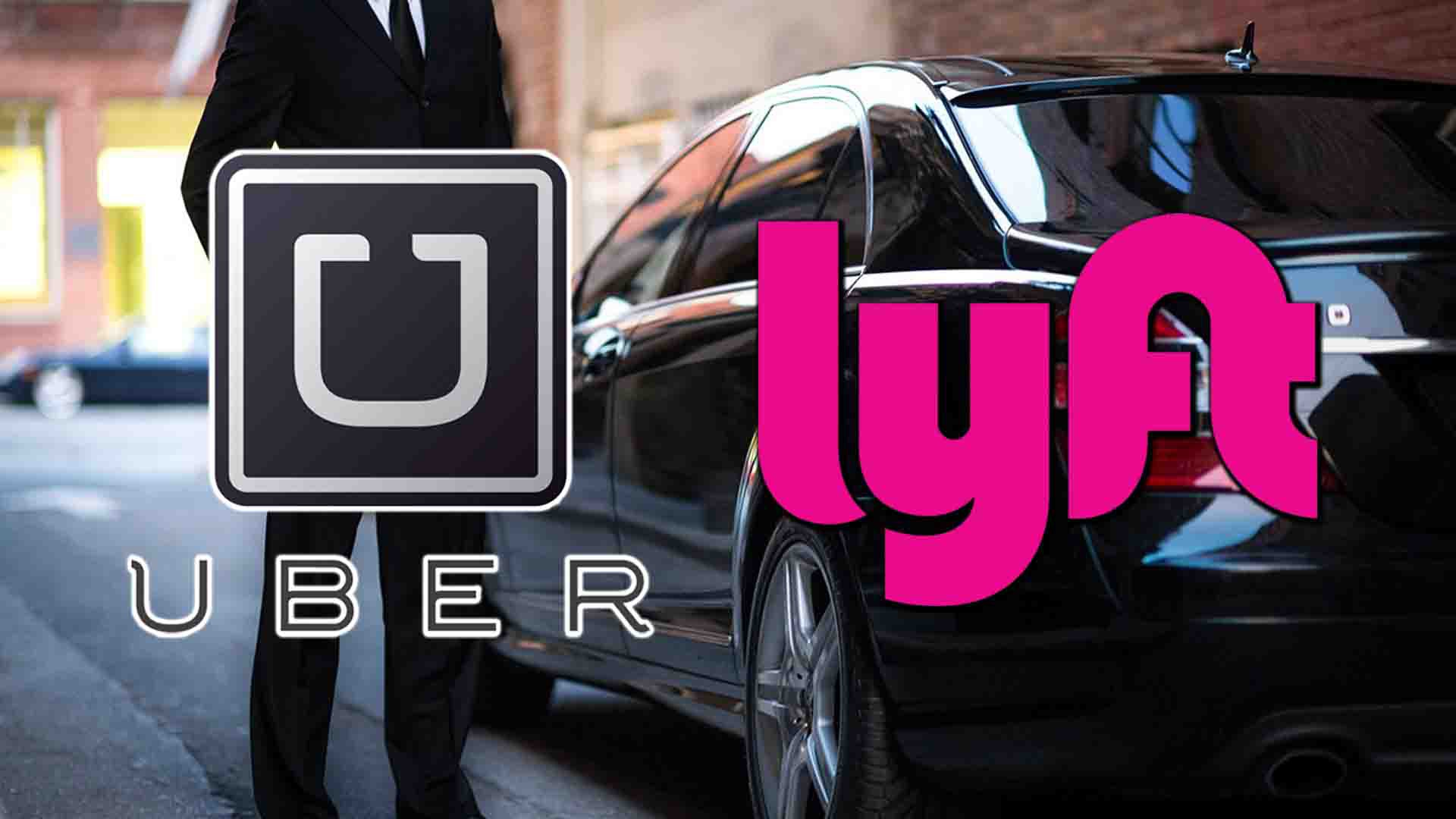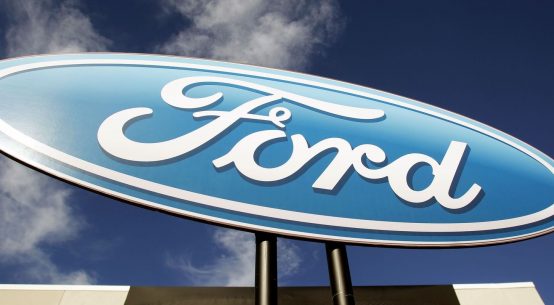As Uber struggles in the European Union after a court judgment that it is a taxi company and not a tech one, and a constant round of management changes and fights among board members, it finds that a major competitor has raised a huge sum.
Imagine your Ad placed here
Lyft is generally considered Uber’s major rival. However, a China-based rival could cause trouble as well. Didi Chuxing announced it found impressive funding:
Didi Chuxing, the world’s leading mobile transportation platform, today announced the completion of a new equity funding round of over USD 4 billion to support AI capacity-building, international expansion, and new business initiatives, including the development of new energy vehicle service networks.
In a testament to strong investor confidence in the strategic vision and leadership of DiDi’s management, Chinese and international institutions joined the latest fundraising round.
With a substantial cash reserve, DiDi plans to scale up investments in AI talent and technologies, to further build up its intelligent driving and smart transportation capabilities, and to bring more innovative and diversified transportation services to broader communities around the world.
We will also embark on initiatives in building new energy vehicle service networks, as part of the company’s efforts to lead the transformation of automobile and transportation industries and work towards global energy interconnection.
The “communities around the world” are what should worry Uber.
The ride-sharing business is getting crowded, and it has caused investors to be wary of Uber. As part of plans for its most recent round of funding, a Japanese tech giant and allies tried to cut Uber’s value by 30% from $48 billion. Recode posted the first report on the plans.
Uber also is up against a number of major car companies that want to start their own car sharing offers. GM, in particular, launched a unit called Maven. The large manufacturers see ride-sharing car sales as a way to combat an overall decline in the purchase of cars by individual buyers.











